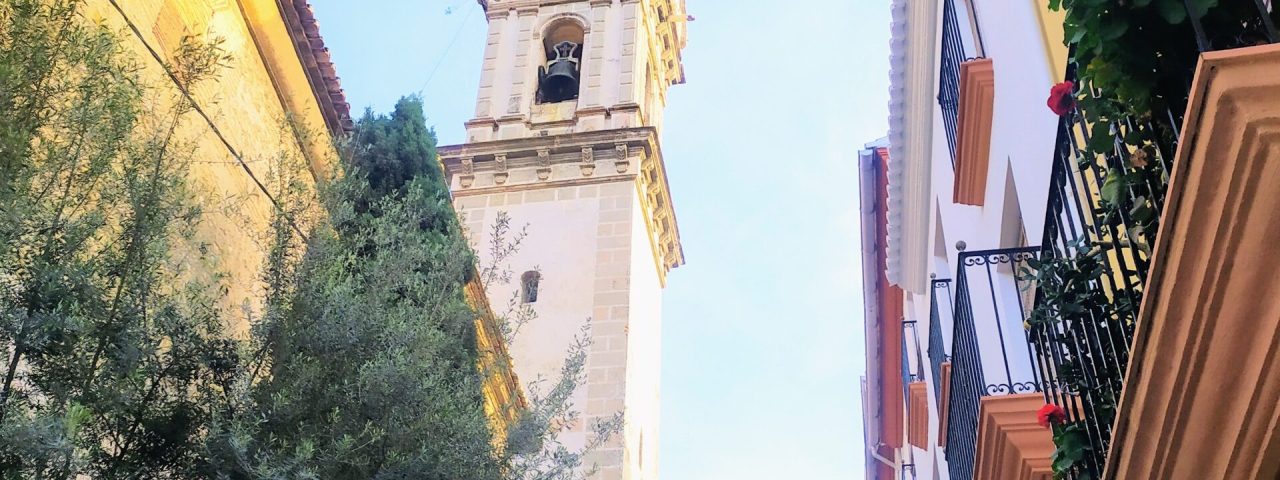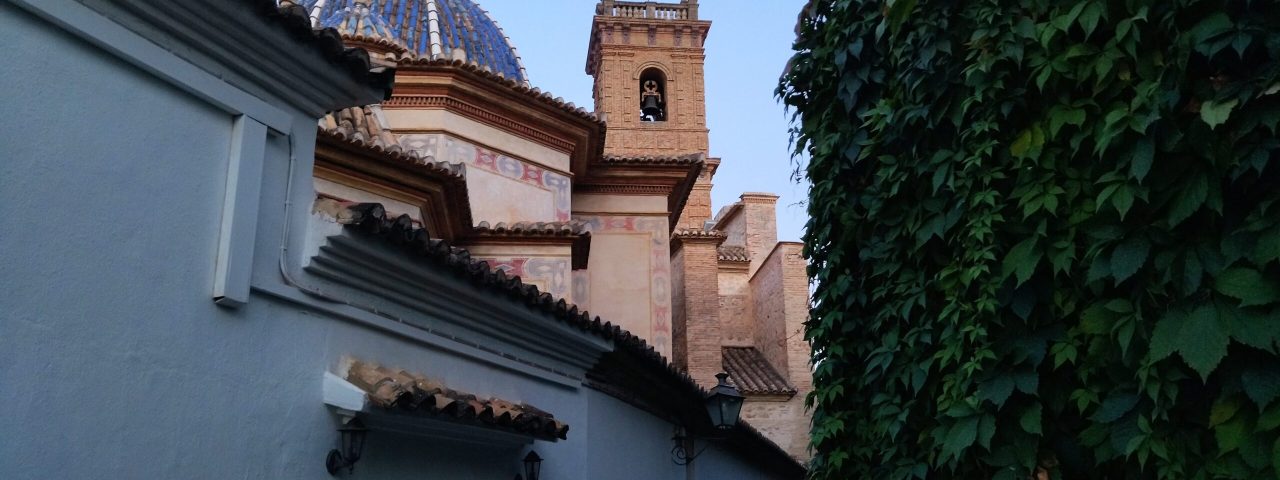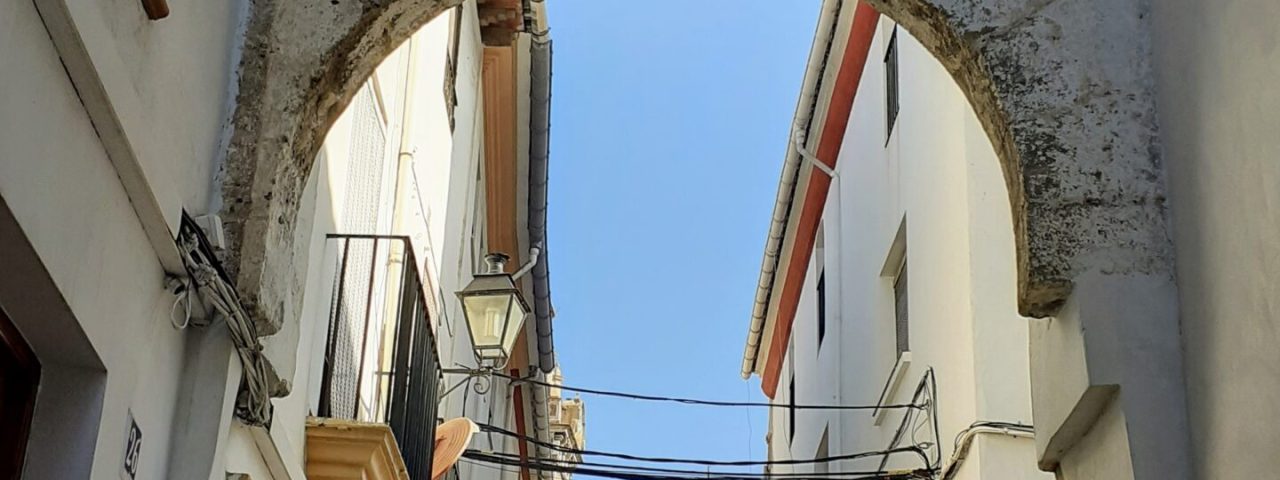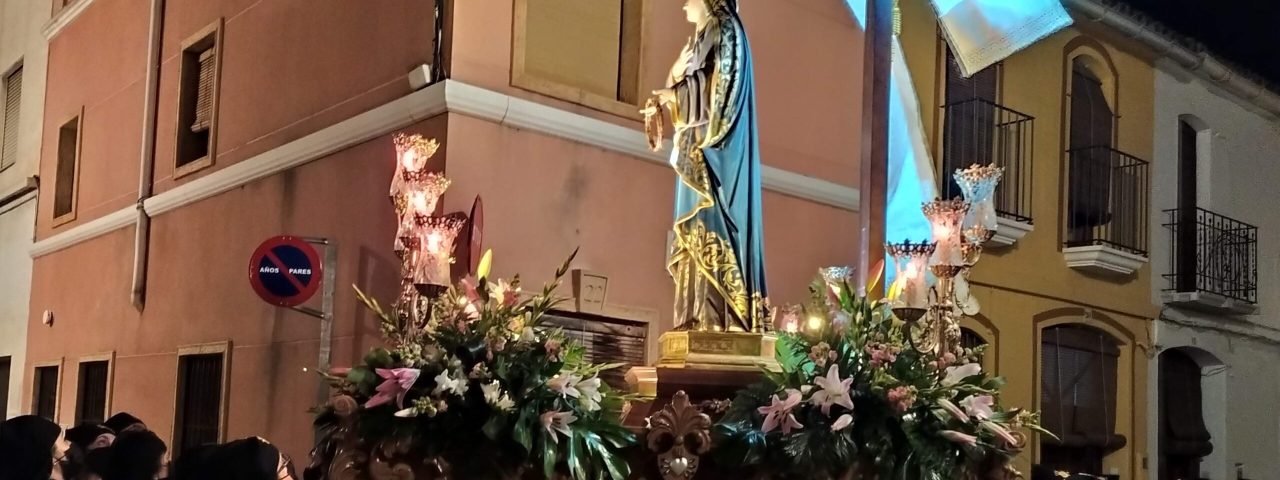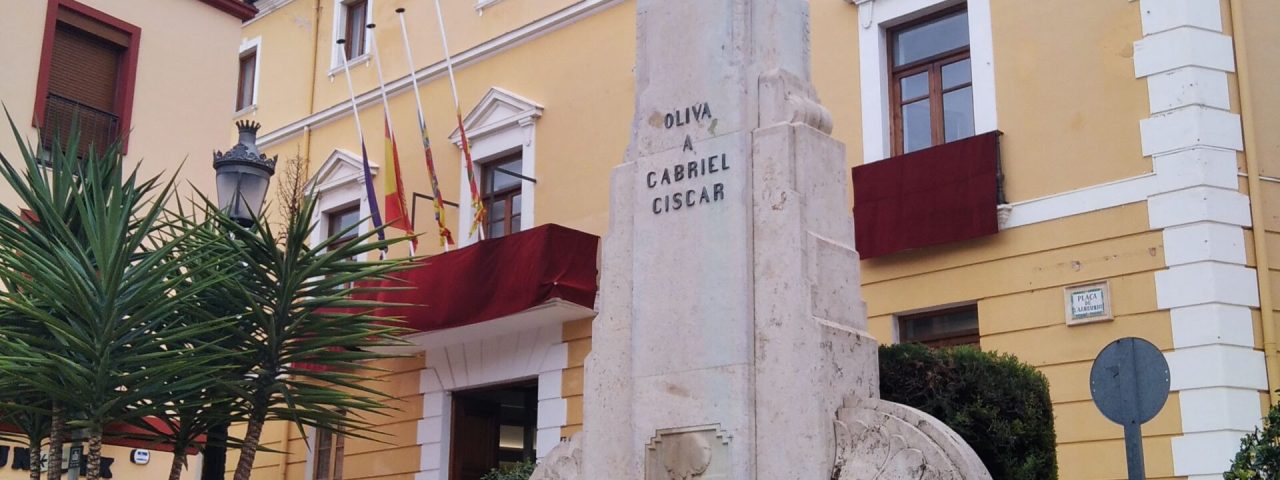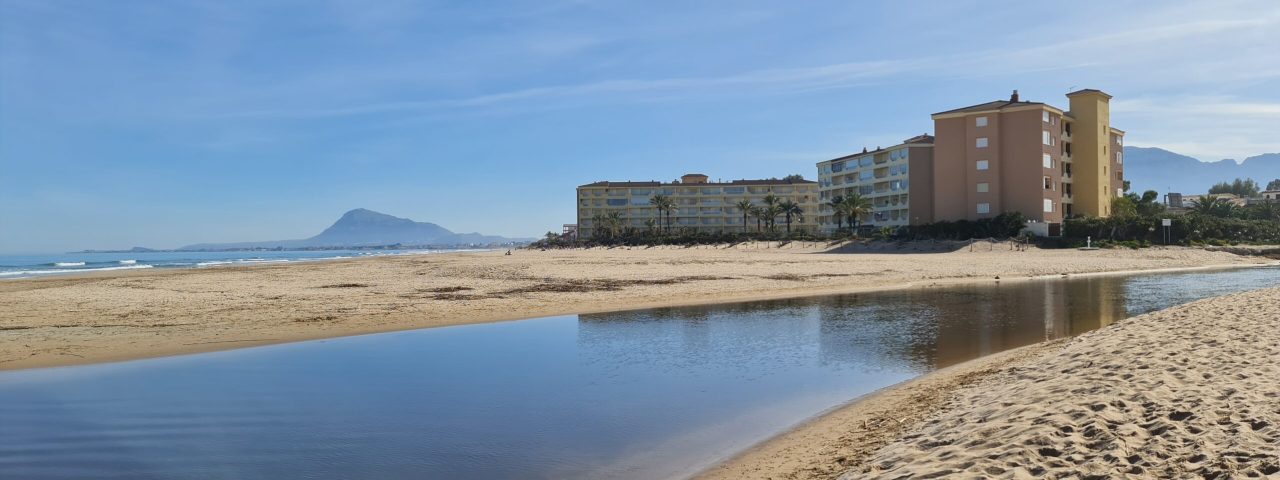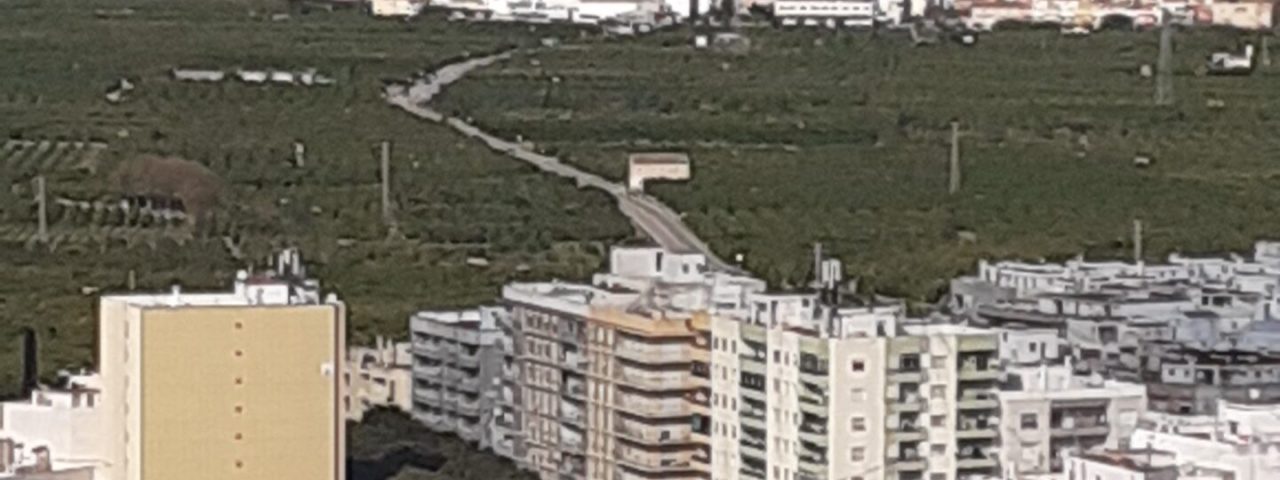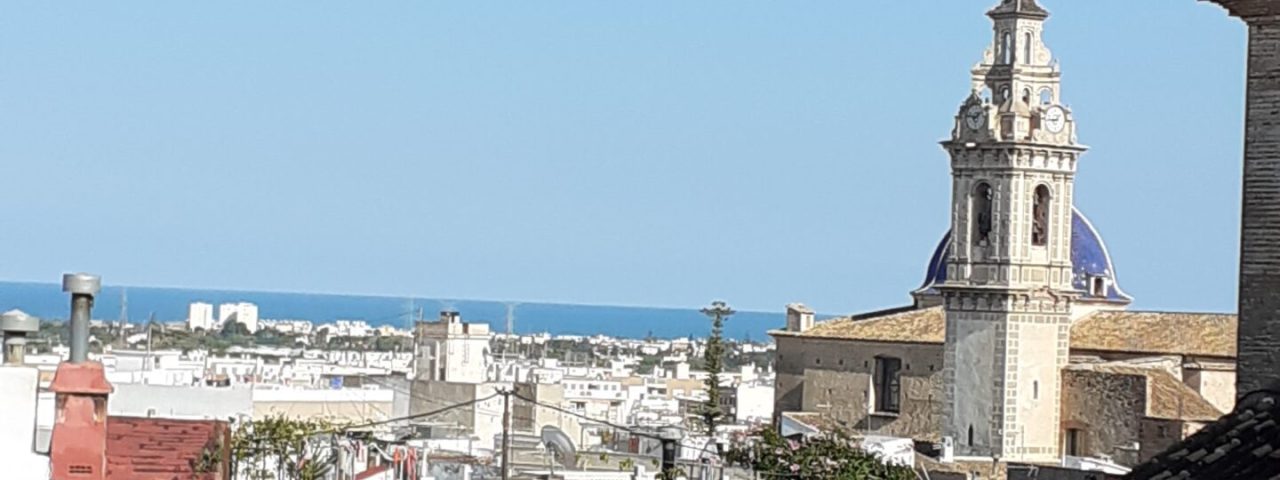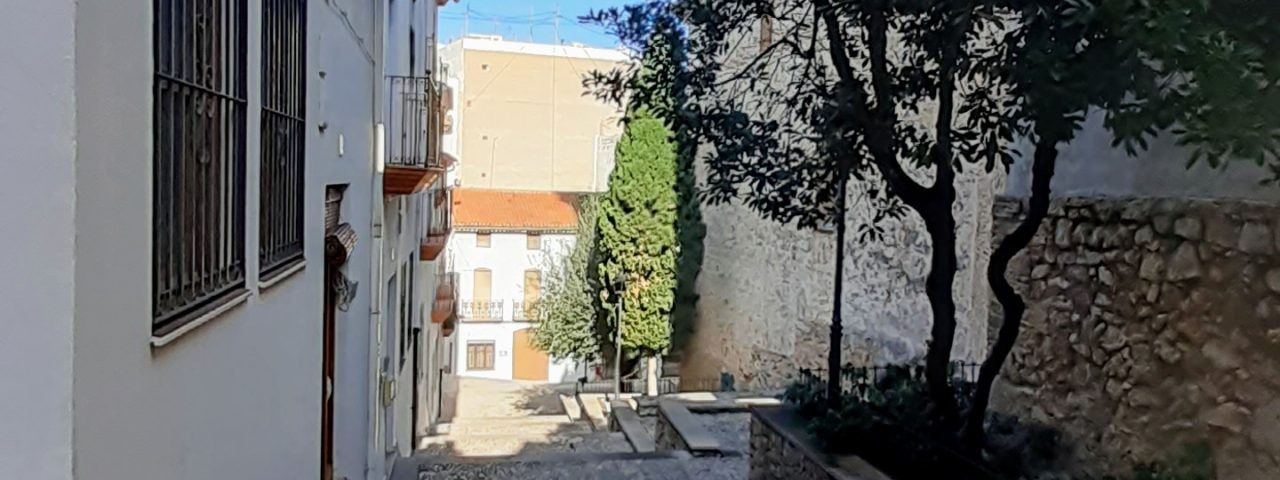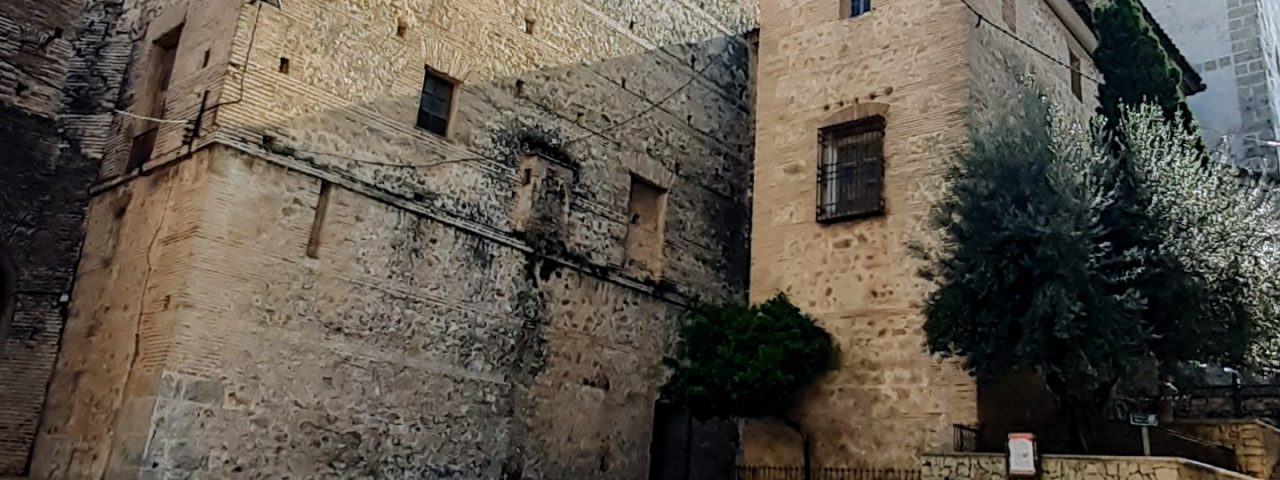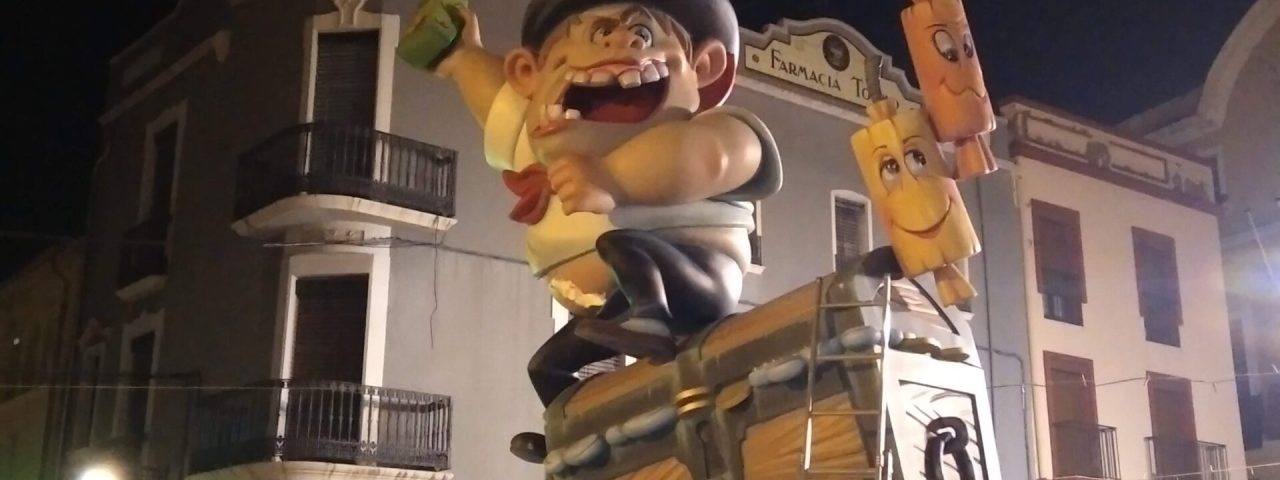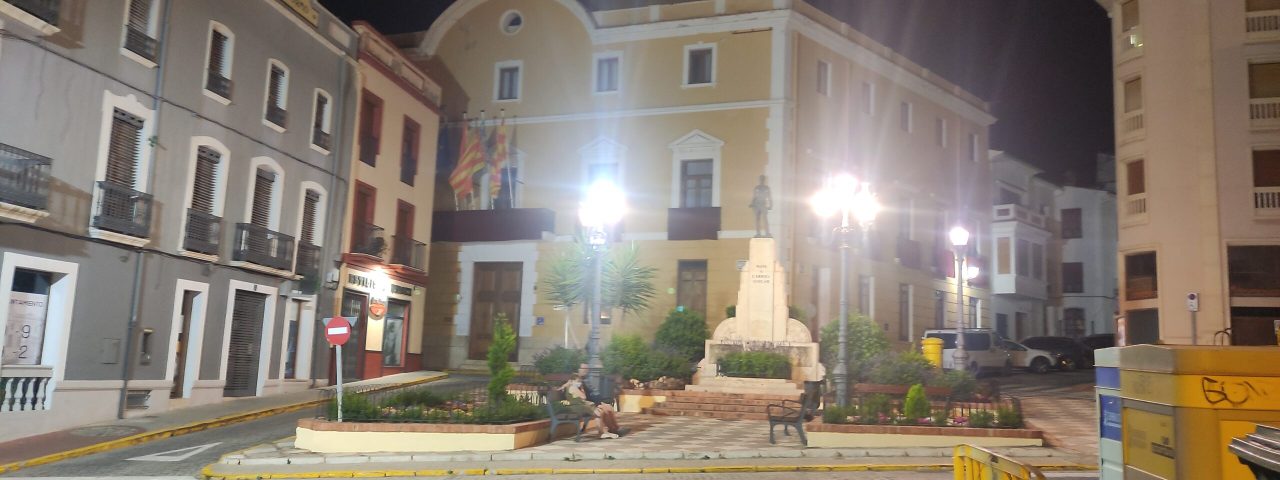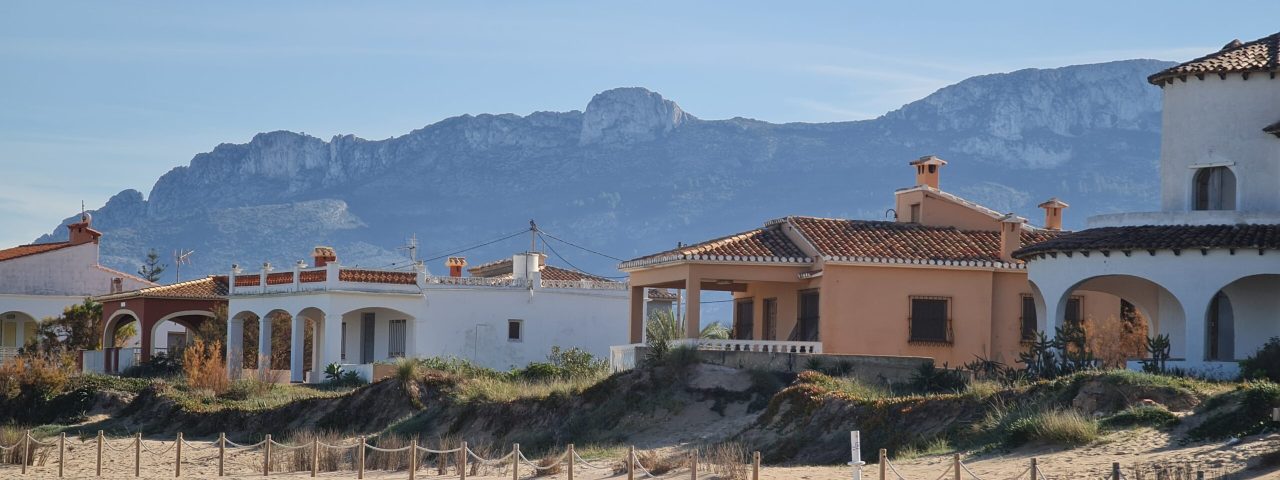The history of Oliva is deeply rooted in the various civilizations that have influenced the region, including the Romans, Moors, and later Christian conquerors. Originally a Roman settlement, Oliva flourished under Moorish rule, which is still evident in its architecture and cultural traditions. The Christian reconquest in the 13th century further shaped the city, leading to the construction of many churches, monasteries, and fortifications that remain today.
Culturally, Oliva is a city that takes pride in its traditions and festivals. One of the most famous events is the “Moors and Christians” festival, a historical reenactment that celebrates the city’s diverse past with parades, music, and street performances. Another key cultural highlight is the fallas festival, held in March, which involves large sculptures, fireworks, and traditional Valencian music.
The city also boasts a rich agricultural heritage, particularly in the cultivation of oranges and olives, and visitors can often see traditional farming methods in use. The local customs and lifestyle reflect a strong connection to both the land and the sea, with fishing and agriculture continuing to be important to the community.
